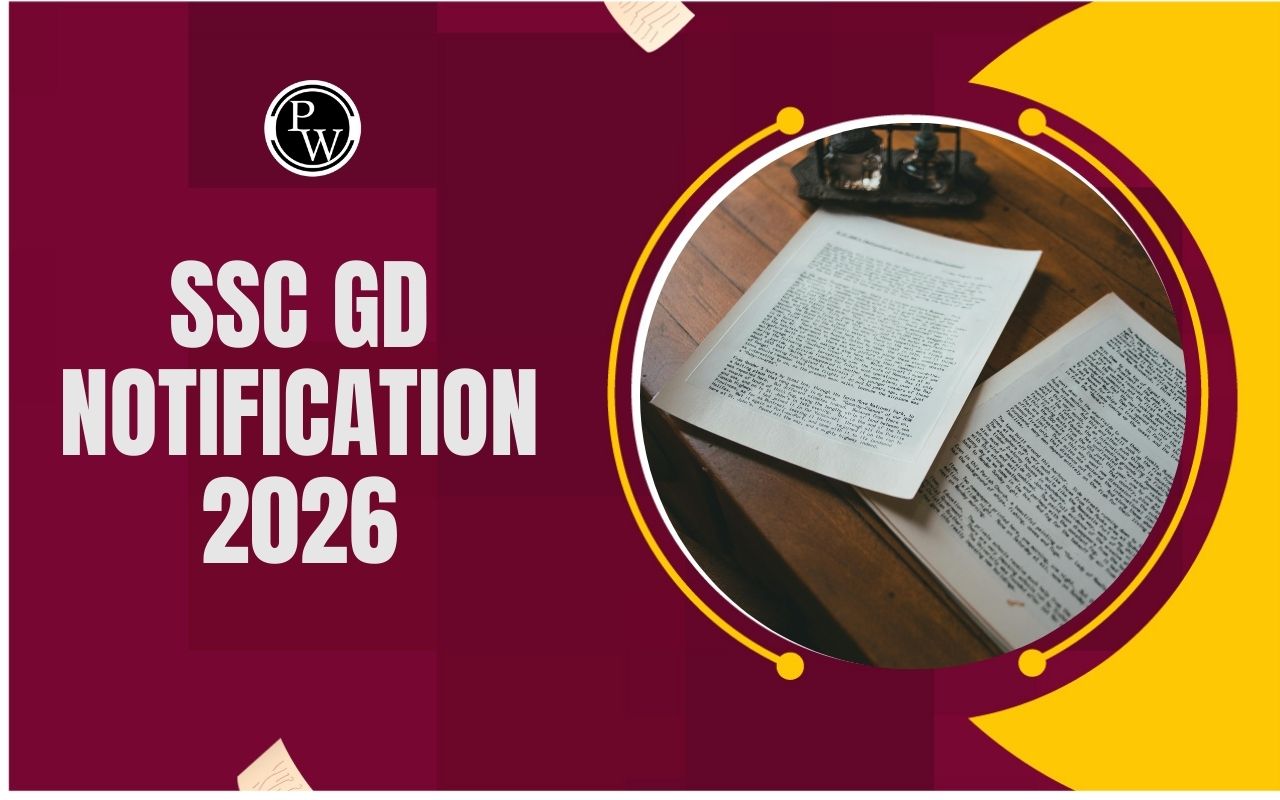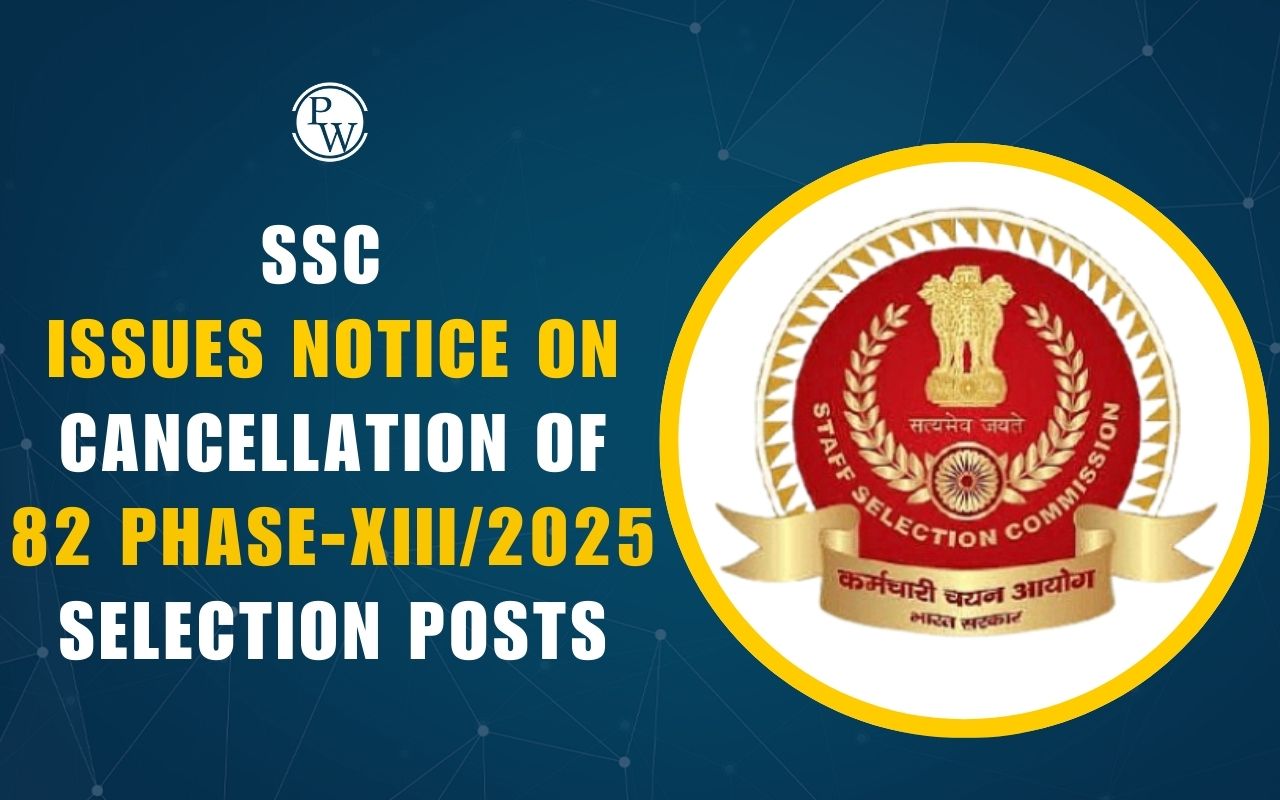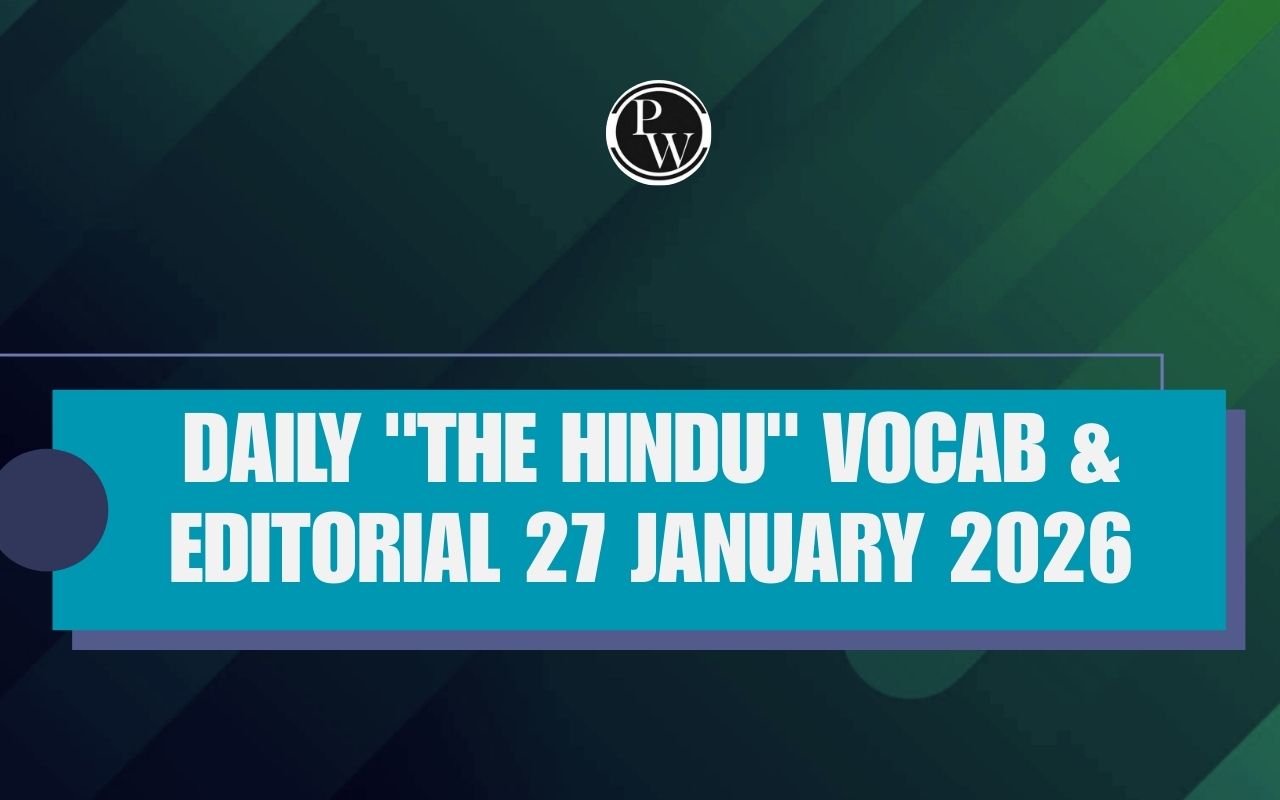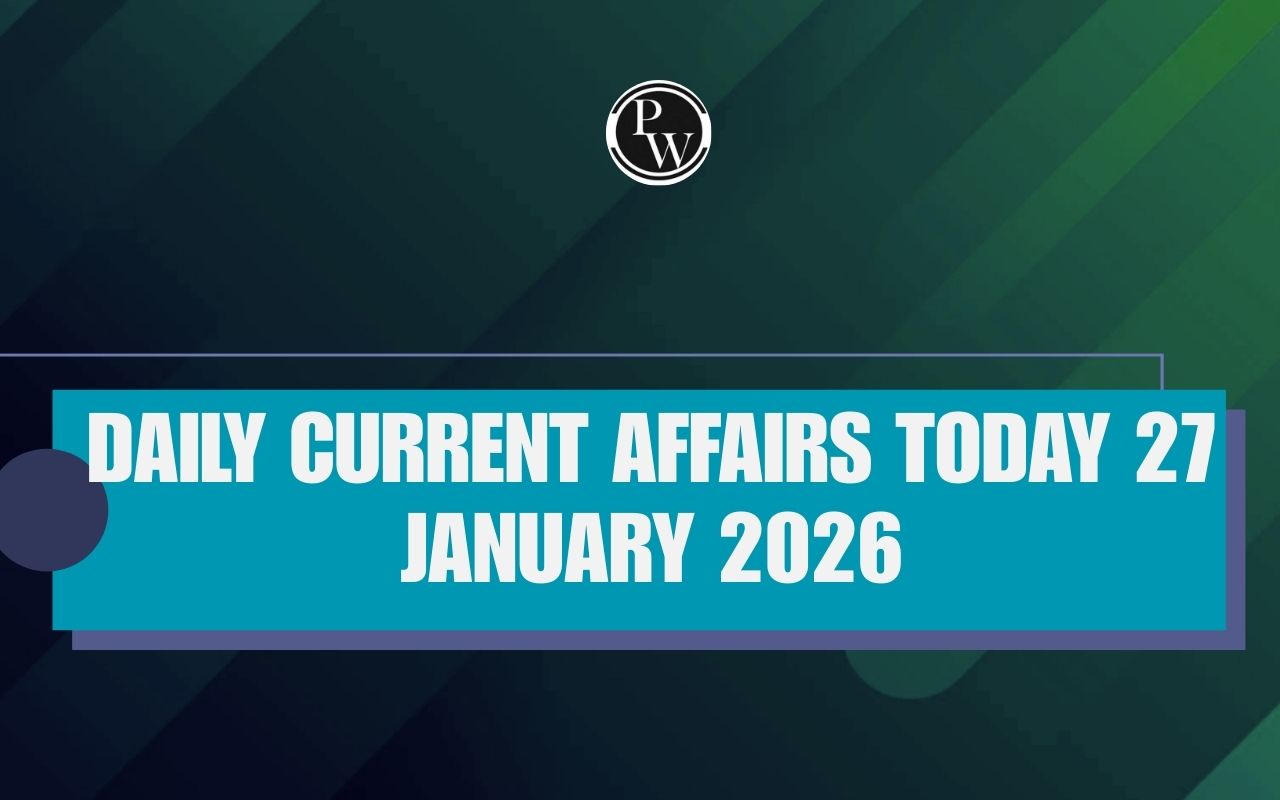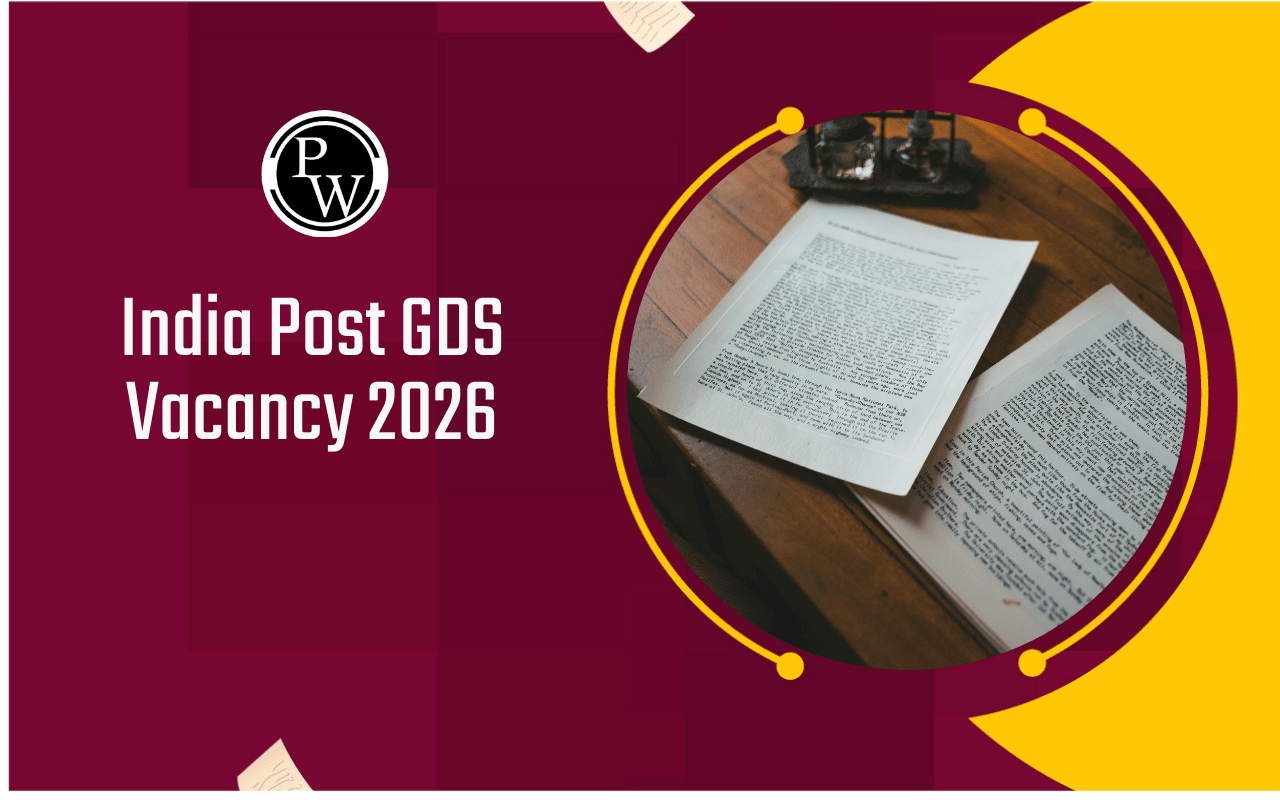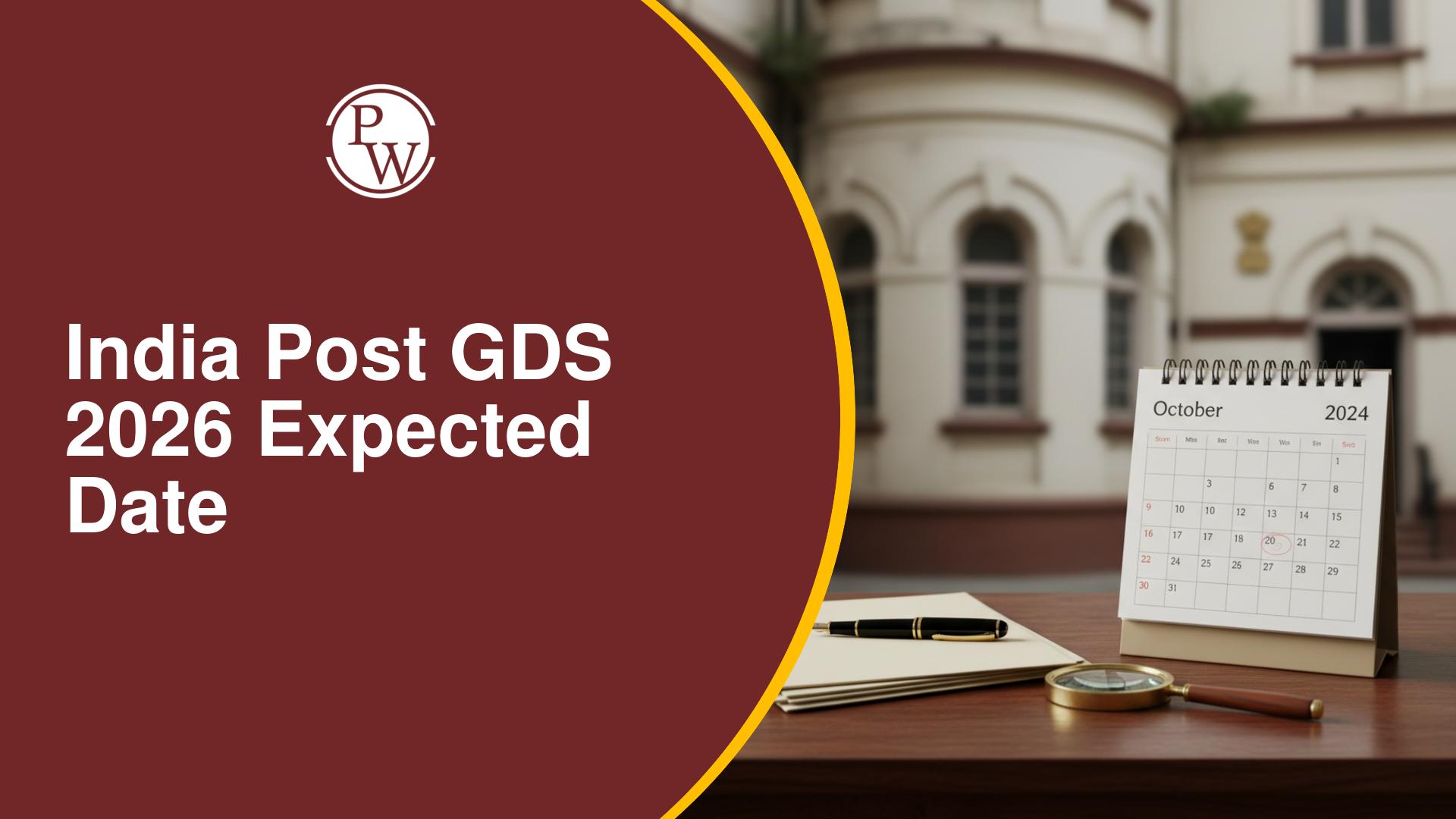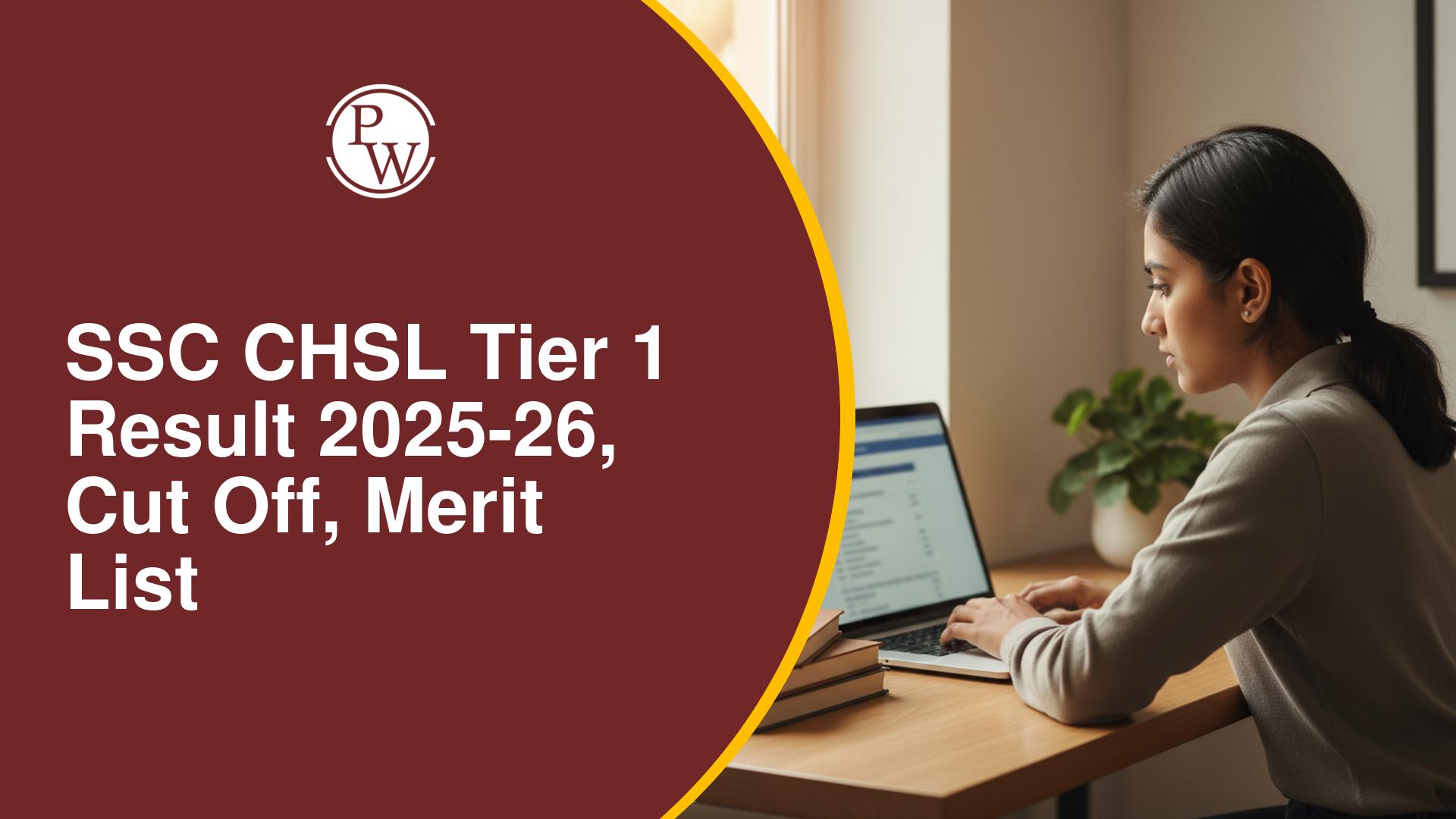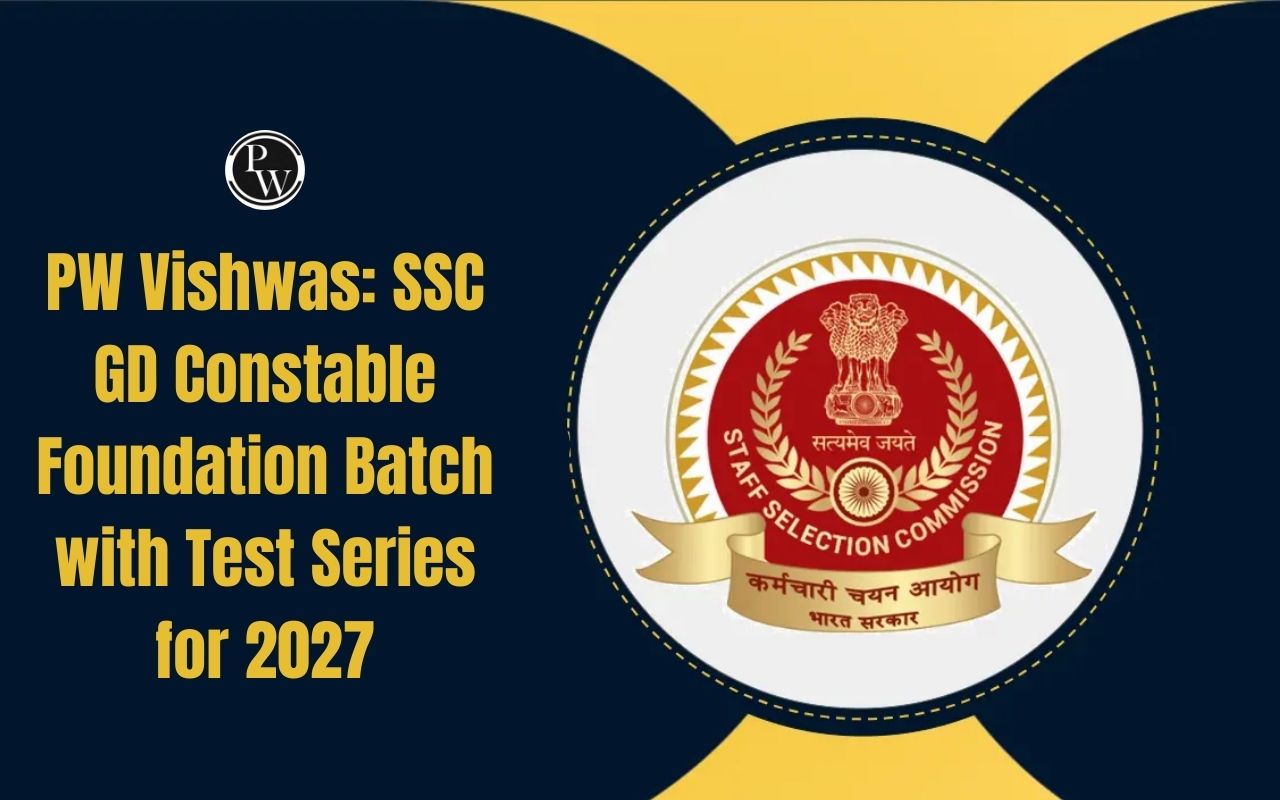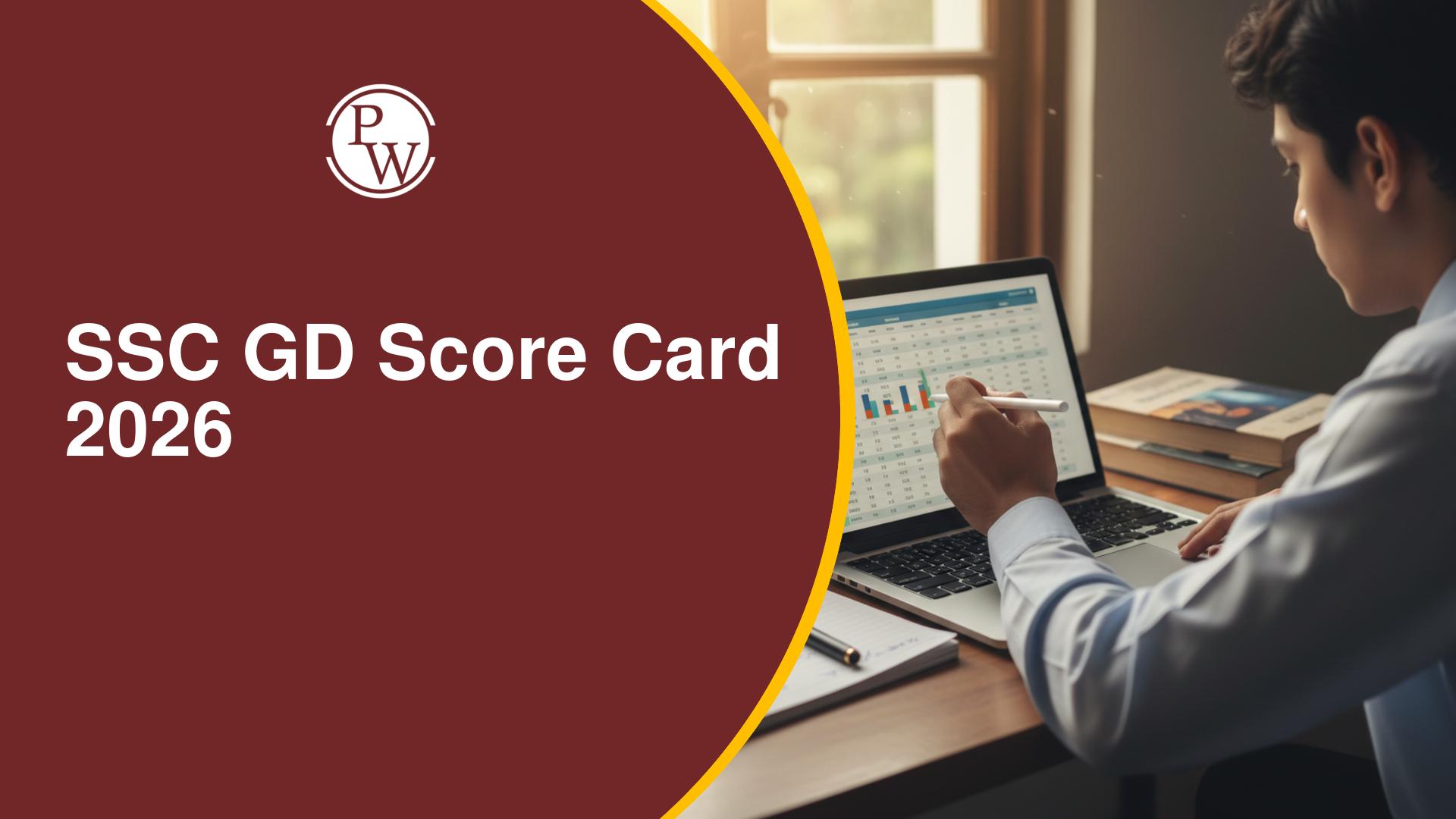
SSC CGL Quantitative Aptitude Syllabus 2025 is one of the most important components of the Combined Graduate Level Examination conducted by the Staff Selection Commission. This section is not only highly scoring but also essential for various Group ‘B’ and ‘C’ posts. Covering topics from basic arithmetic to advanced algebra and data interpretation, the Quantitative Aptitude section plays a decisive role in the final merit list. Here, you will get a detailed and well-structured explanation of the tier-wise SSC CGL Maths syllabus, covering topic-wise weightage, and effective preparation tips.
SSC CGL Quantitative Aptitude Syllabus 2025
Quantitative Aptitude section in the SSC CGL exam evaluates a candidate’s mathematical skills, numerical ability, and accuracy. It forms a part of both Tier 1 and Tier 2 examinations. Although the basic concepts remain similar, the level of difficulty and topic depth increases significantly from Tier 1 to Tier 2. The candidates can also look at the SSC CGL Quantitative Aptitude Syllabus overview mentioned in the table below.
| SSC CGL Quantitative Aptitude Syllabus Overview | |
| Recruitment Authority | SSC |
| Exam Name | SSC CGL |
| Category | SSC CGL Maths Syllabus |
| Questions Asked from Maths Section | Tier 1 - 25 and Tier 2 - 30 |
| Negative Marking | Applicable |
| Official Website | ssc.gov.in |
SSC CGL Syllabus for Quantitative Aptitude
The exam pattern for Maths in SSC CGL is different for each tier. Candidates must be aware of the structure to manage time effectively. Get the details of the SSC CGL Syllabus for maths from the table provided below.
|
SSC CGL Quantitative Aptitude Syllabus 2025 |
|
| Sections | Topics |
| Quantitative Aptitude Syllabus |
|
SSC CGL Tier 1 Maths Syllabus 2025
In Tier 1, Quantitative Aptitude is included as one of the four core subjects. This section contains 25 questions and carries a total of 50 marks. The questions are designed to test the candidate’s understanding of fundamental mathematical concepts. Below is a well-categorized list of all the important topics included in the SSC CGL Tier 1 Maths syllabus. These topics focus on basic problem-solving using numerical data and application of arithmetic and algebra.
|
SSC CGL Tier 1 Maths Syllabus 2025 |
|
|
Topic |
Sub-topics/Concepts Covered |
|
Number System |
Divisibility, HCF & LCM, Fractions, Rational and Irrational Numbers |
|
Percentage |
Profit and Loss, Discounts, Marked Price, Cost Price |
|
Ratio and Proportion |
Partnership, Mixtures and Alligation |
|
Time, Speed and Distance |
Average Speed, Relative Speed, Trains, Boats and Streams |
|
Time and Work |
Pipes and Cisterns, Work Efficiency |
|
Simple and Compound Interest |
Installments, Growth of Money Over Time |
|
Averages |
Weighted Average, Calculation Based on Series |
|
Mensuration |
Area and Perimeter (2D Figures), Volume and Surface Area (3D Figures) |
|
Algebra |
Linear Equations, Identities, Quadratics |
|
Geometry |
Triangles, Circles, Polygons, Lines and Angles |
|
Trigonometry |
Trigonometric Ratios, Heights and Distances |
|
Data Interpretation |
Pie Charts, Tables, Bar Graphs, Line Graphs |
SSC CGL Tier 2 Maths Syllabus 2025
In Tier 2, the Quantitative Aptitude section is part of Paper 1, Section I, which is compulsory for all aspirants. The level of difficulty is considerably higher than Tier 1 and includes questions based on advanced topics, real-time application, and interpretation of numerical data.
|
SSC CGL Tier 2 Maths Syllabus 2025 |
|
|
Topic |
Concepts and Subtopics Covered |
|
Number System |
Rational Numbers, Classification, Simplification |
|
Algebra |
Polynomials, Linear & Quadratic Equations, Algebraic Expressions |
|
Geometry |
Coordinate Geometry, Theorems, Circles, Triangles |
|
Trigonometry |
Trigonometric Identities, Height & Distance Problems |
|
Mensuration |
Surface Area, Volume of 3D Figures – Sphere, Cone, Cylinder |
|
Data Interpretation |
Tables, Pie Charts, Graphs, Caselets |
|
Simplification |
Approximation, Surds and Indices, Basic Operations |
|
Arithmetic |
Profit & Loss, Time & Work, Speed, Percentages, Ratio |
|
Mixture and Allegation |
Replacement Techniques, Quantitative Comparisons |
|
Probability & Permutations |
Counting Principles, Permutation, Combination, Basic Probability |
Preparation Tips for SSC CGL Maths
Begin your SSC CGL Maths preparation by building strong fundamentals in topics like number systems, algebra, and ratios. A clear understanding of basics helps in solving advanced problems accurately. Practice regularly with daily and weekly goals, covering all major topics like arithmetic, algebra, geometry, and data interpretation to maintain balance. Attempt mock tests to improve time management and analyze your mistakes to strengthen weak areas. Maintain a formula sheet for quick revision of key concepts. Lastly, focus on both speed and accuracy and avoid guesswork and aim for correct answers using efficient methods.
Common Mistakes to Avoid in SSC CGL Maths
A common mistake in SSC CGL Maths preparation is neglecting high-weightage topics like Trigonometry and Geometry due to their perceived difficulty. Avoiding these areas can cost valuable marks, while regular practice can make them scoring and manageable. Another issue is poor time management during practice. It's important to solve a variety of questions within a set time to build speed and efficiency. Additionally, relying too heavily on shortcuts without understanding the core concepts can be risky. Shortcuts are helpful, but without a solid foundation, they often lead to mistakes rather than faster solutions.
PW provides SSC exam content, including SSC Exam Blogs, sample papers, mock tests, guidance sessions, and more. Also, enroll today in SSC Online Coaching for preparation.
SSC CGL Quantitative Aptitude Syllabus FAQs
Q1. What are the major topics covered in the SSC CGL Quantitative Aptitude syllabus?
Q2. Is there any difference between the Quantitative Aptitude syllabus of Tier 1 and Tier 2?
Q3. How can I effectively prepare for the Quant section in SSC CGL?

